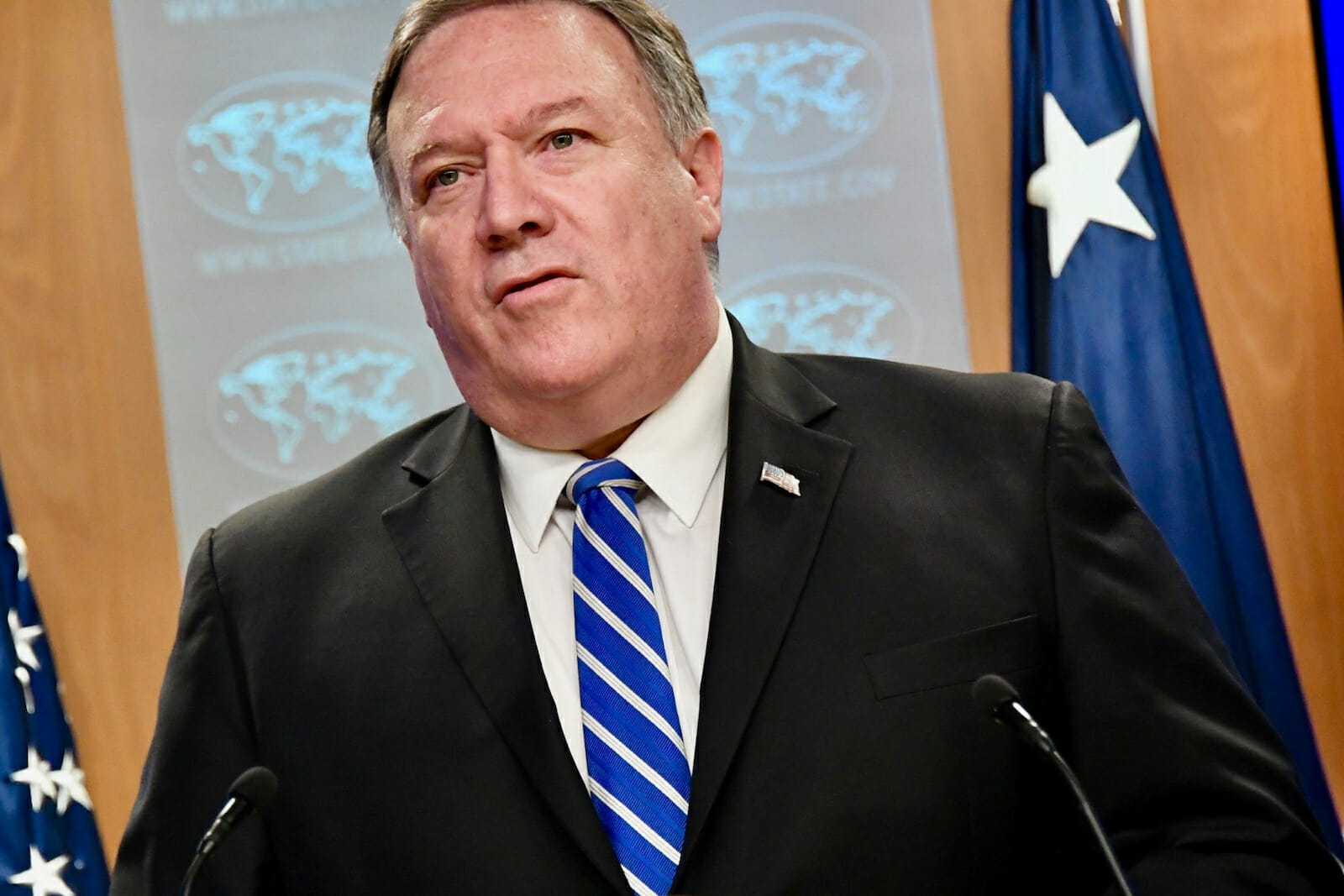
Can Lebanon Count on the U.S.?
The current protests in Lebanon make clear the peoples’ desire to live in dignity in a prosperous society. The economy is worsening day by day and people are suffering. There have been some minor triumphs, such as the resignation of Prime Minister Saad Hariri, but people demand more. The economy is a significant driver in these protests because the government failed to expand economic opportunities. The protesters, especially the youth, desire a quality of life that includes good jobs, efficient social services, and the reining in the culture of corruption.
As the widespread protests show no signs of abating, it is crucial to assess how two major players in the Middle East, the U.S., and Russia, are judging and reacting to the demonstrations.
Although the protests in Lebanon have grabbed the world’s attention, Russia did not take a highly visible response in the beginning. The reason Russia was not vocal initially was that it was concerned that it might encourage its own potential domestic protests. When this did not occur, it provided an opportunity for Russia to comment about Lebanon. The Russian Foreign Ministry announced, “[Russia] stressed its support for Lebanon’s sovereignty, independence, unity, and stability, and reaffirmed its strict and consistent position that all the topical issues on the national agenda must be addressed by the Lebanese people within the legal framework, via an inclusive dialogue in the interest of civil peace and accord.”
It seems that Russia doesn’t want to interfere externally but internally points the finger at the U.S. for its “disruptive role behind protests.” Interestingly, the Russian Ambassador to Lebanon, Alexander Zasypkin, announced that “there are foreign powers taking advantage of the protests happening in Lebanon to implement their agenda.” Overall, Russia is doing its best to stay out but the anxiety of having similar protests in their motherland still exists.
Although Russia has adopted a low profile, that doesn’t mean that its influence has diminished. Since its support for the Assad regime in 2015, Russia has reemerged as a vital player in the Middle East, and overall, Moscow has an agenda: to isolate other Middle East nations from the U.S. by promising economic and military support without strict conditions. Russia has mastered the tactic of speaking to critical issues without making significant strides to resolve them, like in the Syrian refugee crisis.
Currently, the U.S. perceives the Lebanese protests as a revolution supported by the majority. Yet, when it came to signaling support for the demonstrators, the Trump administration issued a hold on military assistance to Lebanon without justification, then reversed course, again without explanation. Certain lawmakers, notably Senator Chris Murphy (D-CT), slammed the Trump administration for withholding aid to Lebanon. In an article in Foreign Policy, he notes that the protests are “organic, they are national, and they are multi-ethnic, and sectarian,” in which the Lebanese Armed Forces (LAF) are doing their best to defend the protesters from Hezbollah. Although there have been some concerns that U.S. funds will find their way to Hezbollah, he insists that such a claim is mistaken.
At first, there was no explanation about the aid freeze but at a Senate hearing, lawmakers such as Senator Tim Kaine (D-VA) drilled Joey Hood, Principal Deputy Assistant Secretary, Bureau of Near Eastern Affairs, for an explanation. According to Hood, it was just pure bureaucratic procedures within the State Department that were the culprit. This action seemed to forget that the lawmakers are the ones who mandate and control where the money goes. The White House doesn’t have any authority on blocking or rather pausing Congress’s mandate.
Also, Lebanese officials said that there was no reason given, and the U.S. Ambassador to Lebanon could not give them the justification for the action. Senator Murphy, previously pointed out in Foreign Policy that “if you want to reduce Hezbollah’s influence in Lebanon, then you need to support the LAF.” He believes that there “is one person who wants to punish Lebanon for having a political relationship with Hezbollah,” at the National Security Council, but then again, LAF might be the best chance to counter Hezbollah’s influence. Lebanon can resolve Hezbollah’s outsized influence only if the people demand the removal of government officials who are allies with Hezbollah.
The saga on another hold of U.S. aid to Lebanon unfolded when U.S. Secretary of State, Mike Pompeo, intervened to release $115 million in economic assistance aid to Lebanon. With the administration currently divided on Lebanon, this leads to the perception that the U.S. is becoming a less dependable ally for Lebanon. Despite the U.S.’s objectives in the Middle East, if they lose a significant partner like Lebanon, it will be tempted to shift its priorities more in alignment with Russia. As Joey Hood stated in his testimony, “America is a force for good in Lebanon.” Perhaps it wasn’t a wise decision for the White House to withhold the aid without an explanation and can even be called reckless in a challenging time for Lebanon. Unwise decisions from the Trump administration will erode the strength of the bilateral relationship, a result that serves neither partner.

